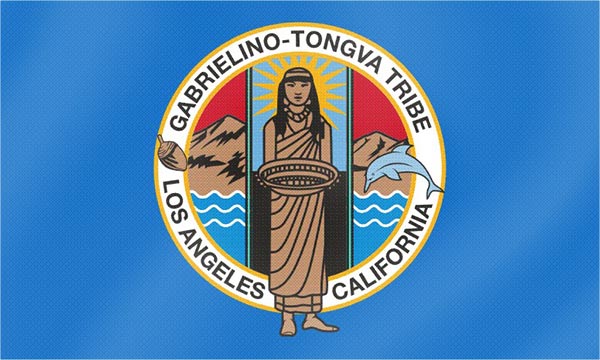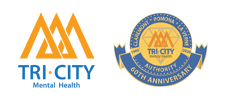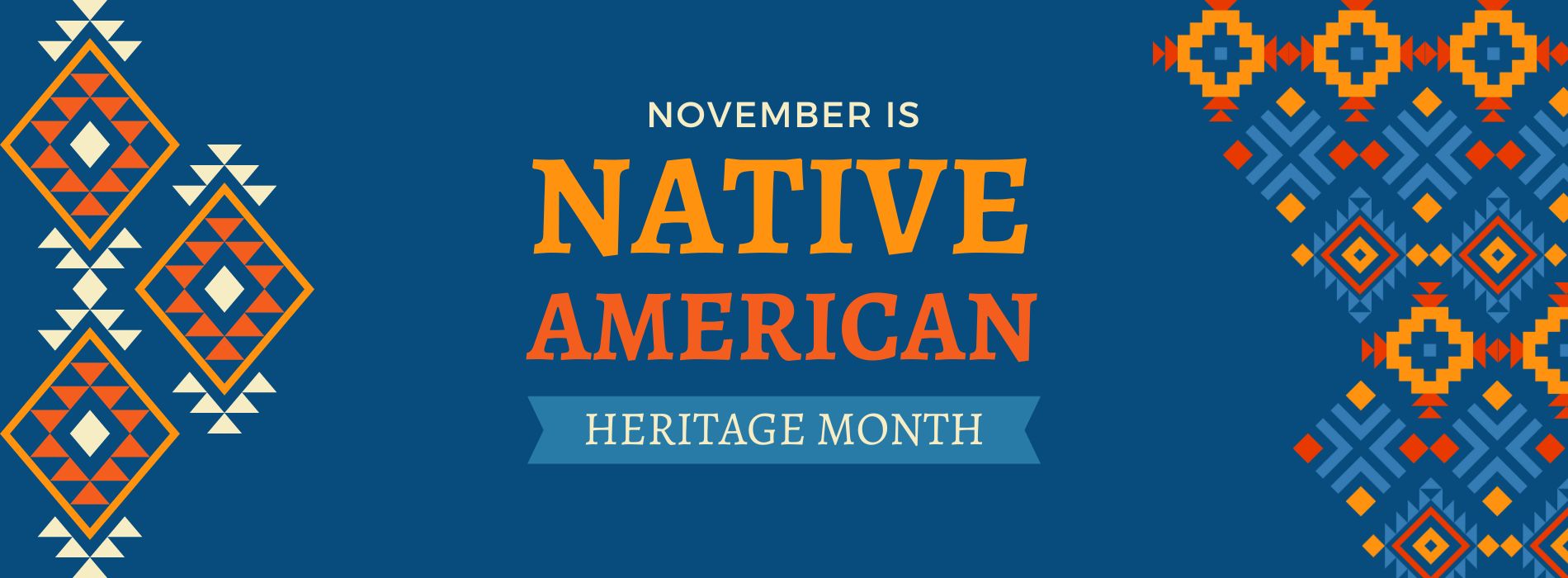November is federally recognized as National Native American Heritage Month (NNAHM), also known as American Indian and Alaska Native Heritage Month. During this month, Native and Indigenous people are honored and celebrated for their rich and varied cultures, traditions, history, and societal contributions. NNAHM gives us an opportunity to become more educated about Indigenous people, increase our knowledge of unique challenges faced by this population, and better understand how historical trauma—such as colonization and genocide—has impacted Indigenous people.
NNAHM provides people, Indigenous and non-Indigenous, with an opportunity to experience and honor the richness of the Indigenous cultural heritage. Furthermore, this month is an important time to raise awareness for the unique challenges faced by Indigenous people living in the United States today and in the past.
LEARN MORE
Know the Land
What is a Land Acknowledgement?
The purpose of a land acknowledgment is to recognize, respect, and affirm the ongoing relationship between Indigenous people and the land. These formal statements honor and express gratitude to the Indigenous people who originally inhabited this land, which modern society resides on. It also serves as an avenue to recognize the historical and ongoing impact of colonialism and raise awareness about the Indigenous histories, perspectives, and experiences that are often suppressed or forgotten. Territory acknowledgements are one small part of disrupting and dismantling colonial structures.

Tri-City Mental Health humbly recognizes that it operates on Tongva land, the original caretakers of the cities we call Pomona, Claremont, and La Verne. We honor the Tongva ancestors who were, the residents who are, and the descendants who are yet to come. We are thankful for the opportunity to continue to identify ways to serve the Tongva people, support the preservation of their culture, and partner with this historically underrepresented people.
Take Action
There are several ways to celebrate, honor and observe NNAHM. You may consider learning more about Indigenous cultures, including rich and diverse stories of tradition and resiliency.
-
-
- Learn more about current issues faced by this population. According to SAMHSA’s 2020 NSDUH report (PDF | 3.6 MB), Native Americans aged 18 and older experienced higher rates of serious suicidal thoughts within the past year (5.6 percent) and were likelier to make suicide plans in the past year (1.8 percent) when compared to other racial or ethnic groups. For more information visit the Substance Abuse and Mental Health Services Administration (SAMHSA) website.
- Learn about the land
-
- NativeLand is an app to help map Indigenous territories, treaties and languages
-
- Support local Indigenous nations or organizations to build relationships and support their work.
- Help Tri-City Mental Health develop a Wellness Collaborative that supports and addresses the mental health needs of Indigenous people residing in Pomona, Claremont, and La Verne. To get involved contact dei@tricitymhs.org.
-
Mental Health Resources For Native And Indigenous Communities
-
-
- WeRNative: a comprehensive health resource for Native youth by Native youth, promoting holistic health and positive growth in local communities and nation at large.
- One Sky Center: The American Indian/Alaska Native National Resource Center for Health, Education, and Research; mission is to improve prevention and treatment of mental health and substance use problems and services among Native people.
- StrongHearts Native Helpline: The StrongHearts Native Helpline (1-844-762-8483) is a confidential and anonymous culturally-appropriate domestic violence and dating violence helpline for Native Americans.
- Indigenous Story Studio: creates illustrations, posters, videos, and comic books on health and social issues for youth.
- Native and Indigenous Communities Mental Health (Mental Health America)
-

